artists on OTV for-profit plans
This is a report on a presentation in January 2019 to ~50 artists on plans for a for-profit arm of OTV which never fully materialized. After onboarding Lilly Wachowski to the team, OTV Studio rebranded in 2022, AJ Christian left the company, and its leadership opted to forgo a partnership with the non-profit.
By Chelsea Peterson-Salahuddin
Department of Communication Studies
Northwestern University
Below is an account of the most salient themes and issues artists brought up as a response to a meeting in which OTV founder and head of R&D Dr. Aymar Jean Christian presented plans for a for-profit arm of OTV in January 2019. Survey questions asked artists about their partnership with OTV, concerns around structural changes in the future, and any other challenges or concerns they foresee stemming from the upcoming structural changes in the OTV business model. The survey was completed by a total of 31 respondents (n=31) who replied with open responses. As stakeholders in OTV, respondents held a variety of roles, including writers, talent/actors, producers, directors, videographers, and managers; all respondents held at least two simultaneous roles. Each of these themes was expressed in some several artists in various ways across the subset of questions asked. Themes were derived using thematic qualitative content analysis (Braun and Clark, 2006).
Exposure and Broadening Audiences
Artists expressed ideas, issues, and concerns around OTV’s role in helping them to broaden their audience and expose their work to more potential stakeholders. Many of the artists see their partnership with OTV as an opportunity to gain exposure both to general audiences, audiences outside of Chicago, and exposure in the larger media industry. One artists wrote, “OTV could also be a good partner by continuing to expand and helping artists outside the immediate Chicago community. There is a lot of opportunity for expansion here where OTV could help so many artists even just in the state of Illinois.” Going off of this, other artists also wondered if there was space in the development model to include more explicit plans to connect artists to media outlets and marketing partners who could help them in gaining exposure to broader audiences. As one artist noted, “My main concern is finding a way to connect with my audience where they could not only consume the content but perhaps even back it.” However, the new model artists are definitely hoping to see increased exposure of their own work and help them to target new and broader audiences. As another artist noted, they believe the new model “will help reach larger audiences, conduct research that will help us understand our target audience and where potential new audiences are and then to gather new resources and connections to make better content.
Mentorship, Guidance, and Resources
Several artists expressed that going forward in their relationship with OTV, OTV can be a good partner by providing guidance, support and resources to artists on everything from script writing to project development and distribution. Several artists noted how they look to their relationship with OTV to help guide them throughout various parts of the development process, and as the partnership progresses into the future would like to see this continue. For instance, one respondent, a 28-year-old, white, feminine-spectrum individual, who holds positions as a Writer, Director, Producer/Production Company, and Talent/Actor/Performer said “I appreciate the idea that OTV [ will have much more hands on when it comes to managing and supervising deals.” Other artist expressed an interest in OTV providing hands-on mentorship and support in the areas of script writing, digital marketing, grant writing, and future partnership deals. Similarly, some artists also noted the importance of the resource guides OTV provides them with to help in development, such as databases of festival and artists.
This sentiment was also felt strongly around the idea of management, and OTV’s ability to help artists navigate foreseeable, and potentially trick and difficult partnerships within the media industry. A 22-year-old, cisgender male, Latinx artist, who holds roles as a Writer, Director, Producer/Production Company, and Talent/Actor/Performer noted through the new model, “OTV will help by acting as a mentor for myself and for my production throughout the development/production process.” Similarly, another artist stated more generally, “All of this seems to offer a ton of resources on many sides” in reference to the new OTV model.
However, artist also expressed foreseeable concerns around OTVs ability to fulfill that role as the company’s model begins to shift. Several artists expressed concerns about connecting with or engaging with OTV staff if it were no longer to be based in Chicago or if Aymar shifted to focus mostly on research. Multiple artists wondered who their point of contact for questions and advice would be if Aymar was no longer present, and what the structure would be for connecting artists to OTV.
Sustainability
Going along with the idea about continuing mentorship after OTV’s model changes, some artist also expressed concern about OTV’s future sustainability, and their own sustainability within the future OTV model. Linking the idea of mentoring and sustainability, a 22-year-old, cisgender male, Latinx artist, who holds roles as a Writer, Director, Producer/Production Company, and Talent/Actor/Performer wrote that their biggest concern was “Ensuring that OTV will still be in operation enough in 2020 that we can come to them for help with resources, connections, etc.” Other artists also noted how this concern over OTV’s sustainability could impact their own future as artists. As another artist respondent wrote, their largest concern was “Being left to flounder or falling through the cracks as a member.” Similarly, a 45-year-old, cisgender black woman expressed fear about her own positionality in OTV writing “If my potential OTV staff role doesn't happen, I'll have to stay at my current job (that I'm SO ready to leave, in order to support OTV)!”In this way, artists voiced concerns about what upcoming changes in the OTV model would mean for their careers as artists, and how to navigate this new path.
Financial Support and Monetary Concerns
Finally, artist expressed several thoughts around financing and OTV’s role in helping them to garner financial support, as well as ultimately achieve economic success through their shows. Artists noted how OTV can continue to be a good partner by helping them to attain financial support and connect them to potential funding sources. An artist who identifies as a 26-year-old, white, transgender woman who holds roles as a Writer, Director, Producer/Production Company, Talent/Actor/Performer responded, “ More money/connections to funders would be the biggest help to me.”
Yet, artists also saw funding as a potential challenge in the OTV sustainability model. Artists seemed unclear about how funding and payment to artists and staff would work under this new model, if certain projects would be paid and funded over others, and if so, how these decisions around financing would be made. Speaking to many of these concerns in their response to potential challenges, one artist who holds positions as a Writer, Director, Producer/Production Company, and Talent/Actor/Performer, wrote “Funding and Financing! I’m not clear on this exactly. Would all future OTV projects be funded by OTV provided they have equity in the project? Or would some still require to find their own financing, and OTV would have equity in those in exchange for the service of shopping the project?” Other artists similarly stressed that continuing to help artists obtain funding sources and finding alternative payment structures to artists was imperative to them in their relationship to OTV, especially as this new model develops.
In a similar vein, a few artists had concerns over the changes in OTV stake in artists’ project and intellectual property, especially as it related to future financial development and opportunities. For instance, a Writer and Producer wrote, “I have some interest from a production company already, so I'm uneasy about sharing my IP with Open TV if the show gets scooped up before OTV releases it. I guess it comes down to whether OTV facilitates a successful connection.” Similarly, the same artists who expressed concerns over financing asked, “If we are already repped [sic]. by a manager, will we still have the opportunity to collaborate with OTV? Or will we need to be a “client” or will OTV need to have equity in the project to collab [sic.] with artists moving forward?” Similar concerns over how payment structures would work, how intellectual property would be split up between OTV and other stakeholders, and what these things meant for artists future financial opportunity ran throughout these responses.


